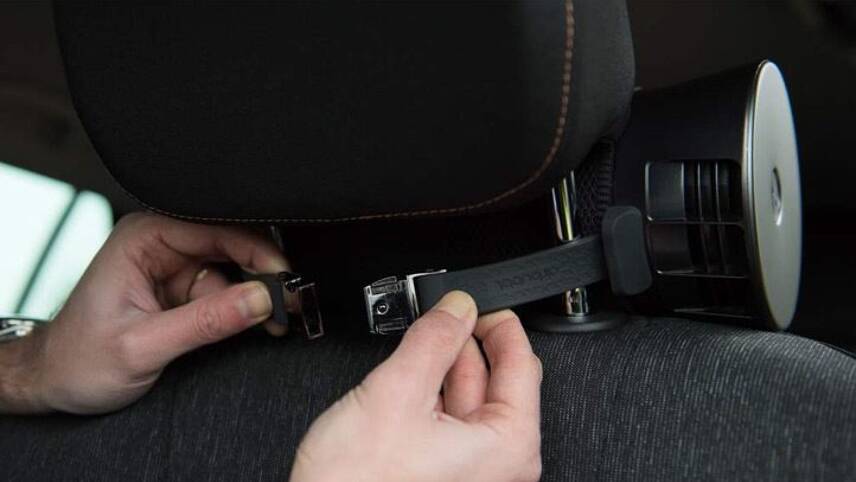Register for free and continue reading
Join our growing army of changemakers and get unlimited access to our premium content

Airlabs’ Airbubbl technology can remove up to 95% of harmful particulate matter and gases from inside a vehicle
Red Bull has installed air filtration technology from Airlabs in 21 Skoda Scala cars, which will be driven in central London and across the UK by trade sales teams. Airlabs’ Airbubbl technology can remove up to 95% of harmful particulate matter and gases from inside a vehicle. The company claimed that Red Bull will reduce average nitrogen dioxide – a harmful particulate – NO2 concentration levels for their drivers in central London to almost a quarter of the WHO limits.
Red Bull’s procurement manager David Oliver said: “We’ve become really aware and concerned about the air pollution crisis which is affecting cities across the UK. Our Red Bull Musketeers spend a lot of time driving in cities and their health and wellbeing are vitally important to us, so installing an AirBubbl in all of our new cars is a positive step to look after our staff, as any responsible business should.
“The move is part of our commitment to make our fleet greener and reduce our contribution to air pollution. With the purchase of these 21 Skoda Scalas, we’re moving away from diesel to cleaner low carbon and low NO2 petrol fuel as well as looking to move to a fully electric fleet in the next 5 years across all our 200-strong UK fleet. “
The implementation of the technology accompanies new research from Airlabs which has found that in-car NO2 levels in central London can reach up to four times the recommended World Health Organisation safety limits. Most areas of the capital breached their annual air pollution limits within a few weeks last year.
The research found that the average concentration of NO2 that can be expected inside a car on the road in central London during working hours is 72 micrograms per cubic metre of air (µg/m3), which is 1.8 times the WHO recommended annual guideline. In King William Walk in Greenwich, levels were almost four times the recommended value, at 156 µg/m3 during working hours.
In-car levels of NO2 – which has been linked to decreased lung function in school children, as well as lung cancer and respiratory problems – can be up to 70% higher than for pedestrians, Airlabs claimed. This is due to the close proximity of vehicle exhausts when in traffic.
Airlabs analysis was based on 145,000 data points from 28 air monitoring devices across the Borough of London on weekday working hours over a 12-month period.
The company’s chief executive, Marc Ottolini, added: “People assume that their car protects them from the air pollution in our cities, but the opposite is true, as levels of NO2 have been found to be up to 70% higher in vehicles than outside.
“Any business that regularly sends its drivers into urban areas across the UK has a clear responsibility to protect the health of its staff, so it’s inspiring to see a company the size of Red Bull taking this essential step to safeguard their employees.”
Air-cleaning capital
Airlabs is also involved with BNP Paribas, Chiltern Railways and advertising firm JCDecaux on an air-cleaning project at London’s Marylebone Station for a further year, after positive first-year results.
Last year, the companies installed a dual filter system inside the station’s advertising stands in a bid to create clean pockets of air. Over the course of the year, the air filters have produced 41.4 million cubic metres of clean air, enough to fill Wembley Stadium 36 times.
Earlier this year, Stella McCartney fitted its new Bond Street store with the filters, while The Body Shop fitted technology at three bus stop sites in New Oxford Street, Tottenham Court Road and High Holborn in 2017.
Matt Mace


It’s a real shame that these 21 cars purchased by Red Bull are not EVs